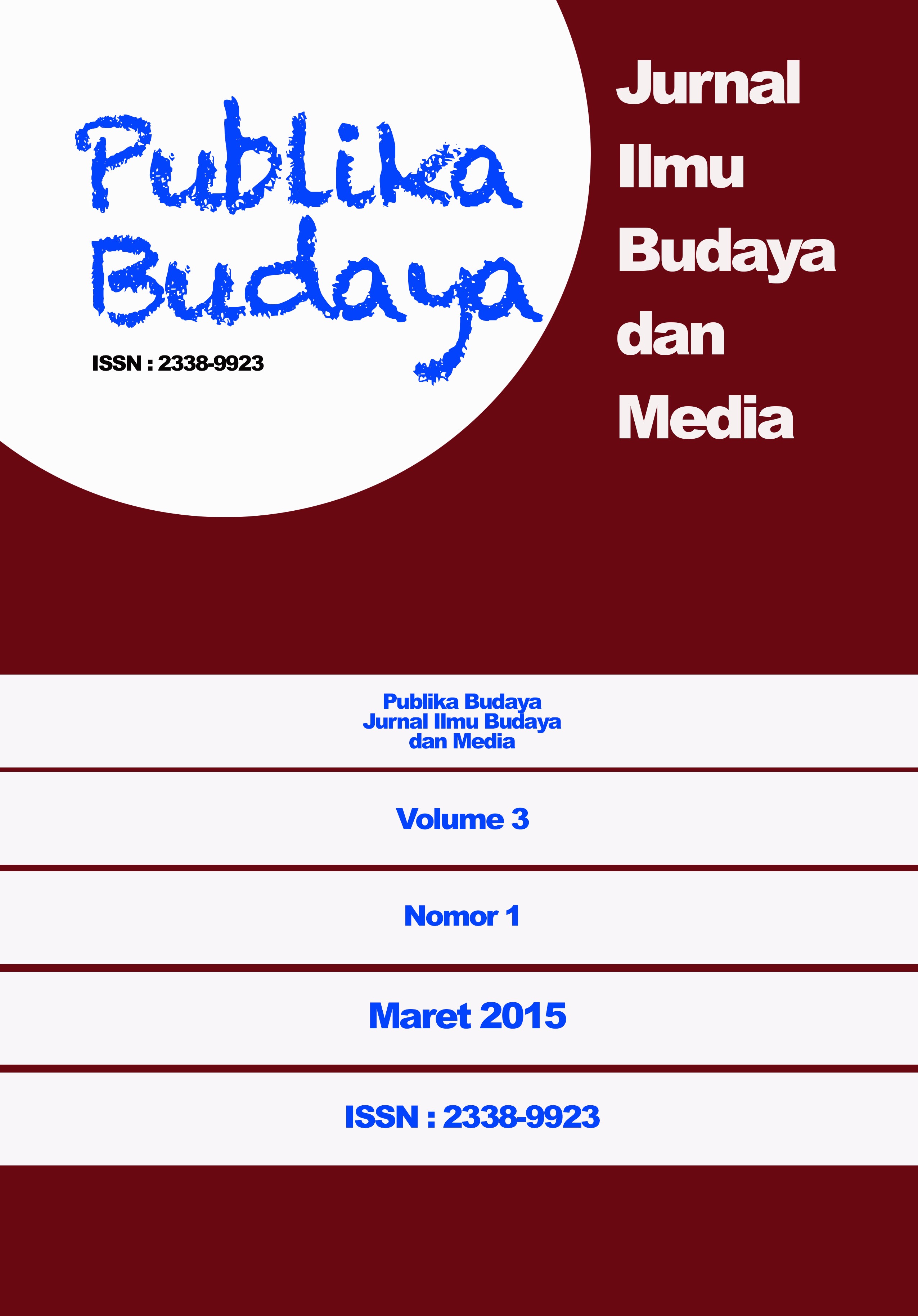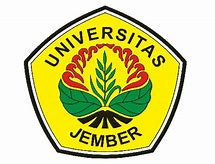KERUSUHAN PASAR GLODOK: STUDI KASUS ETNIS TIONGHOA DI KELURAHAN GLODOK KECAMATAN TAMAN SARI JAKARTA BARAT) GLODOK’S MARKET RIOT: CASE STUDIES OF ETHNIC TIONGHOA AT SUB- DISTRICT GLODOK DISTRICT TAMAN SARI JAKARTA BARAT, 1998-2000
Abstract
Artikel ini membahas tentang faktor- faktor penyebab, dampak, dan penyelesaian kerusuhan di pasar Glodok Jakarta Barat yang bertujuan dapat menjelaskan sebab- sebab terjadinya dan dampak kerusuhan di pasar Glodok. Penulisan ini menggunakan kerangka pendekatan psikologi sosial dengan mewawancarai para korban kerusuhan yang mengalami trauma menganggap peristiwa tersebut sangat menakutkan. Faktor nasional yaitu Krisis Moneter tahun 1998, mengakibatkan sembako naik dan menjadi langka dipasaran. Kepanikan, kesenjangan sosial ekonomi, dan prasangka buruk orang pribumi terhadap warga Tionghoa yang mayoritas pedagang terjadi di kalangan masyarakat. Faktor pendukung lain terjadi aksi demostrasi mahasiswa Trisakti bersamaan dengan kerusuhan massa. Pada tanggal 14 Mei 1998 kerusuhan semakin meluas, hingga pasar Glodok dan Orion Plaza menjadi sasaran penrusakan, penjarahan, dan pembakaran. Dampak dari aksi kerusuhan ini adalah pedagang kehilangan harta benda, kios, dan pekerjaan. Penyelesaian terhadap kerusuhan ini menjelang pergantian presiden mengalami perbedaan. Pada masa pemerintahan Presiden B.J. Habibie menerapkan kebijakan perbaikan pasar Glodok dan pembentukan TGPF untuk menemukan, mengungkap fakta, pelaku, dan latar belakang peristiwa kerusuhan Mei 1998, sedangkan Presiden Abdurrahman Wahid memberi kebebasan etnis Tionghoa dibidang sosial budaya, agama, dan politik yang kemudian berpangaruh terhadap perkembangan Glodok, seperti hadirnya tabloid Glodok Standart berbahasa Mandarin.
Kata Kunci: Krisis ekonomi, kerusuhan pasar Glodok, kebebasan Tionghoa
ABSTRACT
This article discusses the causal factors impact, and resolution of riot in the Glodok Market, West Jakarta. It aims to explain the causes and effects of violence in Glodok Market. This writing uses the framework of social psychology approach to in terview the riot victimswho considered the event as very frightening.The national factor was the Monetary Crisis in 1998 causing the rising prices of foodstuff. Monetary Crisis resulting in the price of nine essential commodities more increasingly and become scarce in the market. The panic, the socio economic disparity, and the prejudice indigenous people toward Chinese merchants happening among the public. While other political factor was Trisakti student demonstrations simultaneously with the mass riots.On May 14, 1998 the riots escalated, Glodok Market and Orion Plaza were subjected to vandalism, looting, arson, and rape. The impact of was the loss of property owned by merchants, and employment. Glodok Market riot also had an impact on the national economy untill the reign of President B.J. Habibie implementing corrective policies and the establishment of TPGF to discover, uncover the facts, the perpetrator, and the background of the riots in May 1998. President Abdurahman Wahid gave a freedom tto Chinese in sociocultural, religion, and political aspect, which influenced the development of Glodok Market, such as the presence of Glodok Standard Tabloid in mandarin.
Key words : Financial Crisis, Glodok Market riot, Deliberacy of Chinese
Penulis yang mengusulkan naskahnya untuk dapat diproses penerbitannya pada Pustaka Budaya dianggap telah menyetujui beberapa hal sebagai berikut:
1. Penulis tidak dapat menarik naskah yang telah usulkan untuk diproses hingga mendapat jawaban dari Ketua Dewan Penyunting atas status naskah artikel ilmiahnya (diterima atau ditolak untuk diterbitkan).
2. Penerbit tidak bertanggung jawab terhadap kasus plagiasi atas artikel yang terbit pada Pustaka Budaya.
3. Penerbit tidak bertanggung jawab atas data dan isi dari artikel yang diterbitkan pada Pustaka Budaya, dan sepenuhnya merupakan tanggung jawab penulis.
4. Penulis yang artikelnya diterbitkan pada Publika Budaya menyetujui lisensi berikut:
Publika Budaya by University of Jember is licensed under a Creative Commons Attribution-NonCommercial 4.0 International License.



